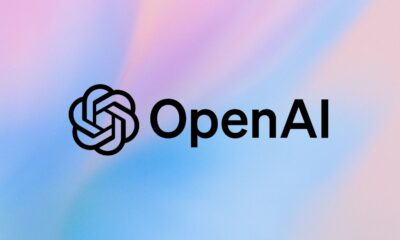AI
OpenAI launches o3-pro with better reasoning and accuracy
OpenAI says people testing the model say o3-pro is better than the earlier o3 in almost every category.

Just a heads up, if you buy something through our links, we may get a small share of the sale. It’s one of the ways we keep the lights on here. Click here for more.
OpenAI has just launched a new AI model called o3-pro, which it describes as its most powerful model yet.
This model is part of the company’s “reasoning” series, designed to think through problems step-by-step, making it better at tasks like solving math problems, understanding science concepts, writing code, and giving helpful advice in business and education.
The o3-pro model replaces the older o1-pro and is now available to ChatGPT Pro and Team users, with Enterprise and Education users getting access the following week.
Developers can also start using o3-pro through OpenAI’s API starting today.
When it comes to cost, using o3-pro through the API is priced at $20 per million input tokens and $80 per million output tokens.
For reference, a million tokens is around 750,000 words, slightly longer than the entire novel War and Peace.
According to OpenAI, people testing the model say o3-pro is better than the earlier o3 in almost every category.
It’s especially strong in science, programming, writing help, and business-related tasks. Reviewers also say it gives clearer, more complete, and more accurate answers, and follows instructions more reliably.
One of the model’s strengths is its ability to use various tools: it can search the web, analyze uploaded files, work with images, run code in Python, and remember things from previous conversations to personalize answers.
However, these features may cause it to respond a bit more slowly than the older model, o1-pro.
There are a few current limitations. For example, temporary chats with the model are turned off while OpenAI works out a technical issue.
Also, o3-pro can’t generate images, and it doesn’t yet work with Canvas, OpenAI’s workspace feature.
Despite those drawbacks, o3-pro performs extremely well in tests. It beats Google’s Gemini 2.5 Pro in a math competition called AIME 2024 and outperforms Anthropic’s Claude 4 Opus in a test focused on PhD-level science knowledge.
What do you think about this new OpenAI model? Can you think of any use cases for this model for your work? Tell us below in the comments, or via our Twitter or Facebook.





























